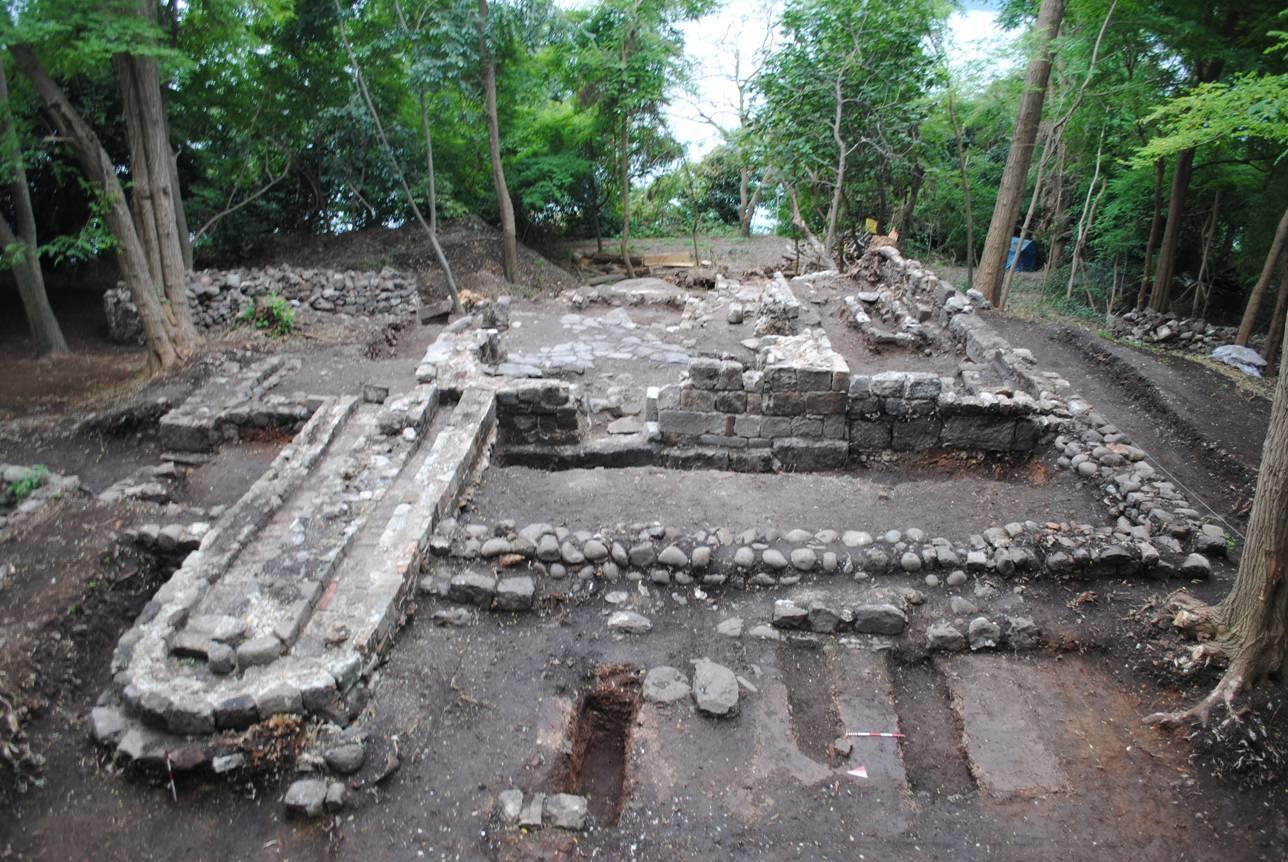
Giresun Island, an archaeological and ecological gem on the Black Sea coast, has been nominated by local officials to become Turkey’s 19th World Heritage site.
As part of the nomination, the Giresun Governor’s Office and the Provincial Directorate of Culture and Tourism submitted a report to UNESCO outlining the island’s ecological, cultural and historical treasures.
The nomination is a precursor for consideration to join the permanent World Heritage site list.
Professor Gazanfer İltar, head of conservation and restoration at Giresun University’s Fine Arts Department, said the island has an important place in mythology and has yielded many archaeological finds. Giresun is the only island in the eastern Black Sea that has been continuously inhabited by humans since ancient times. The island also is home to a variety of bird and endemic plant species.
Designation as a World Heritage site would give the island the highest level of international protection.
İltar said the island’s uninterrupted human habitation beginning before Christ makes it the most important settlement in the eastern Black Sea from an archaeological perspective.
‘’In this region, the settlement was partially cut in the Antiquity and the Middle Ages between 300-500 years. But the result of the archaeological excavations in Giresun Island reveals that the settlement began in the 300s B.C., and the castle was heavily used with a monastery function during the Byzantine period in the Middle Ages,” he said. “It is both an archaeological and a natural site.”
İltar said UNESCO is likely to add Giresun Island to the World Heritage List ‘’because it does not come to the fore with a single point.’’
‘’As well as its importance in archaeology and nature, it is a religious spot,’’ he said. ‘’It is surrounded with walls and home to structures from the Middle Ages and ancient ages.”